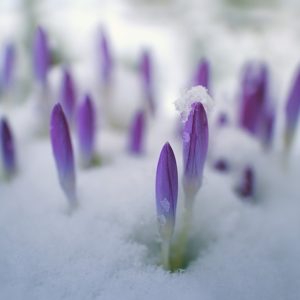
Stars
Sitting in a large field in Leakey, Texas at night, I looked up and there were millions and millions of stars around me. I was awe struck about how small a human is, but how much knowledge we obtain.

Sitting in a large field in Leakey, Texas at night, I looked up and there were millions and millions of stars around me. I was awe struck about how small a human is, but how much knowledge we obtain.

Personally I’ve never been one to adopt a positive outlook when things go wrong. In my life, things tend to go wrong more than they go right. This time last year I was struggling. I was caught in some toxic friendships, a toxic situation with a guy, my best friend wasn’t returning my messages because … Continued

I was in my English class and we were talking about humanities moments for extra credit. We talked about a woman who disagreed with the “mimetic” effect and she claimed that people have a desire to be different. I agree with this idea but I also believe that each human has a purpose in this … Continued

As a 21-year-old senior in college, Nancy Hirschmann encountered—and was forever changed by—German philosopher Hegel’s notoriously difficult passages in The Phenomenology of Spirit. Suddenly, she “broke through the wall” of the concept of the “master-slave dialectic” and its notion of consciousness and recognition. The act of reading a text, deciphering it, and understanding how it … Continued

As part of my undergraduate degree in Asian studies, I took a class on Haiku, a traditional form of Japanese poetry. At the time, I knew nothing about Japan beyond its youth’s obsession with Hello Kitty and similar colorful animated characters. In analyzing and understanding the magic of these three-lines poems, we talked a lot … Continued

Choosing a Humanities Moment was initially a challenging task. Over the last few years working with the organization PLATO (Philosophy Learning and Teaching Organization), I’ve spent a lot of time thinking about the humanities, liberal arts and a philosophical education. In particular, the so-called crisis of the Humanities, the popularity of STEM fields and the … Continued

National Endowment for the Humanities Chairman William “Bro” Adams shares how philosophy professor and World War II veteran Glenn Gray and his book The Warriors: Reflections on Men in Battle helped him come to terms with his own experiences in Vietnam. For centuries philosophers like Gray have sought ways to make sense of the world … Continued

Just as he was completing a decade’s worth of training as a neurosurgeon, Paul Kalanithi was diagnosed with stage IV lung cancer. When Breath Becomes Air, the memoir Kalanithi wrote in the midst of his illness, traces his journey from brilliant medical student “possessed,” as he wrote, “by the question of what, given that all … Continued

In this excerpt from a podcast with National Humanities Center Robert D. Newman, U. S. Representative David Price reflects on the transformative experience of reading the work of Reinhold Niebuhr. Price notes how his exposure to Niebuhr in a Yale Divinity School classroom continues to shape his thinking about human nature and American democracy. Transcript … Continued

As the COVID-19 pandemic crisis has engulfed the planet, most public discourse in the United States has focused on epidemiological characteristics of the disease, the strain it has placed on global healthcare resources and supply chains, the economic devastation it has wrought, and the merits of government response. Often unnoticed in those conversations, however, are the ways that those discussions are steeped in humanistic as much as scientific terms.